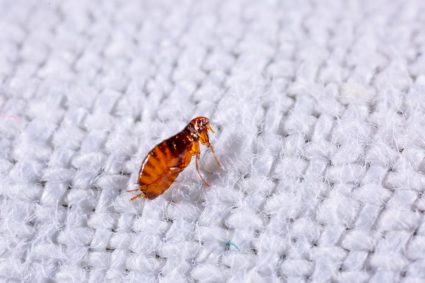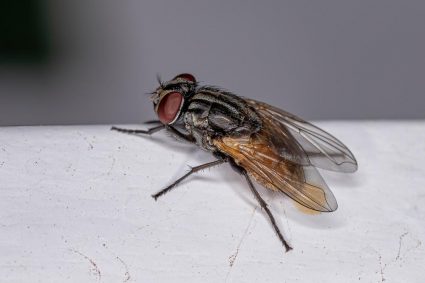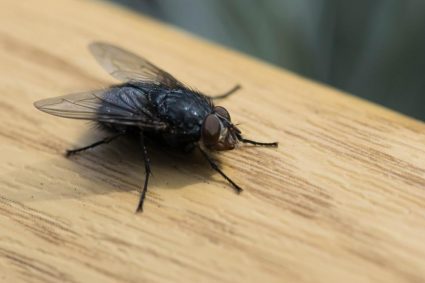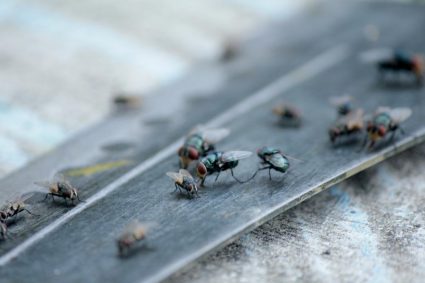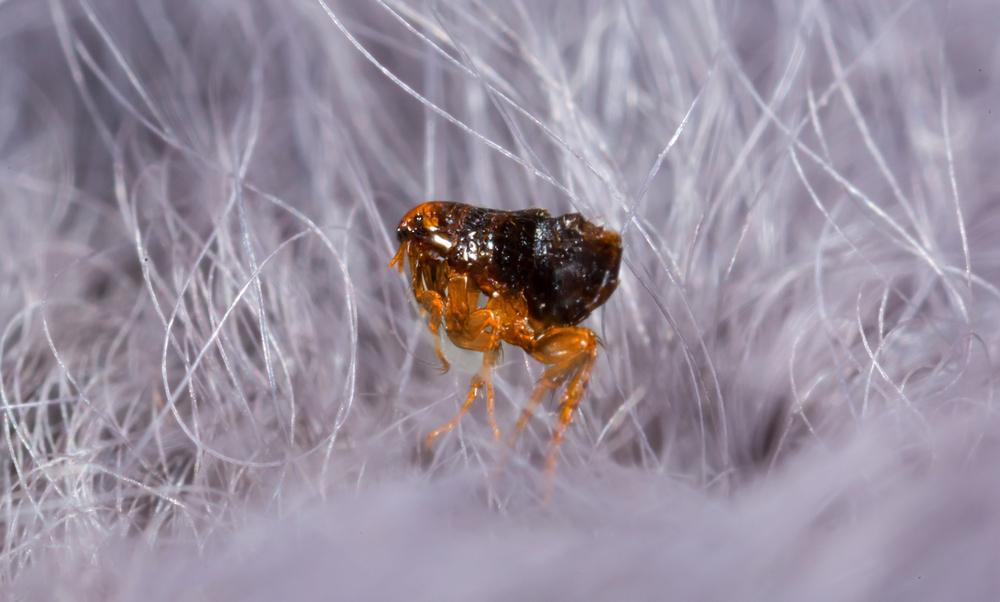
Flea infestations can be a significant nuisance for pet owners, causing discomfort for pets and potentially leading to more serious health issues. Many pet owners are looking for natural, cost-effective solutions to control these pests. One common home remedy is lemon juice. But, does lemon juice kill fleas?
Lemon juice, due to its acidic properties and strong citrus smell, can act as a natural flea repellent, deterring fleas from attaching themselves to your pet’s skin and fur. However, there’s no strong scientific evidence to support the claim that it can kill fleas or their eggs. Therefore, while lemon juice can be part of a flea control regimen, it should be used in combination with other methods and products recommended by your veterinarian.
Lemon Juice: A Natural Flea Repellent or Killer?
Lemon juice is often touted as a natural flea repellent. Its acidic properties and strong citrus smell can deter fleas from attaching themselves to your pet’s skin and fur. However, when it comes to killing fleas or their eggs, lemon juice is not as effective.
The active ingredient in citrus fruits that deters fleas is D-limonene, found in the rinds of lemons. This substance appears to be neurotoxic to fleas, causing them to exhibit tremors and loss of coordination. Yet, it’s important to note that D-limonene can cause liver damage in animals, so caution is advised when using lemon-based flea sprays.
Lemon Juice and Flea Control: Scientific Evidence
While lemon juice has been used as a natural flea deterrent, there’s no strong scientific evidence to support the claim that it can kill fleas. The effectiveness of lemon juice as a flea repellent varies among individuals, and there are no absolute results showing its effectiveness.
Flea eggs are usually deposited in the fur of your pet or on bedding and carpets, making them difficult to reach and kill with lemon juice alone. Persistent use of lemon juice can stop the flea lifecycle in its tracks and provide lasting relief.
How to Use Lemon Juice for Flea Control
If you choose to use lemon juice as part of your flea control regimen, there are several ways to apply it:
- Lemon flea spray: Slice 3 lemons into 1/8 inch thick slices and place them in a pot. Smash the lemons a bit, add 3 cups of water, and then boil the mixture. Let it simmer for 30 minutes, then steep for 8 hours or overnight. Strain the lemons and pour the liquid into a spray bottle.
- Lemon juice and shampoo: Add 1/4 cup of lemon juice to your pet’s shampoo. This creates a lemon scent in your pet’s coat that can deter fleas.
- Lemon juice spray for cats: Mix one part freshly squeezed lemon juice with three parts water. Spray it on your cat’s fur and use a flea comb to get rid of the fleas.
Risks and Precautions
Using lemon juice as a flea treatment for pets can pose risks and potential harm. Ingesting D-limonene and psoralens, substances found in lemons, can lead to symptoms such as loss of coordination, tremors, drooling, impaired respiratory function, vomiting, and gastrointestinal distress in pets. Moreover, the citric acid in lemon juice can cause skin irritation and allergic reactions in pets.
Always dilute lemon juice with water before applying it to your pet’s fur or household surfaces. Conduct a patch test on a small area of their skin to check for any sensitivity or allergic reactions. Avoid sensitive areas on your pets, such as their eyes, nose, and mouth.
Conclusion
While lemon juice can be an effective natural remedy for repelling fleas, it is not as effective as chemical flea treatments in killing fleas and their eggs. If you choose to use lemon juice as part of your flea control regimen, it should be used in combination with other methods and products recommended by your veterinarian. Always consult with your vet if you have concerns about using lemon juice for flea control and monitor your pet for signs of a flea infestation.
Frequently Asked Questions
Can I use lemon juice on my puppy for flea control?
It is not recommended to use lemon juice on puppies without consulting a vet first. Puppies have sensitive skin that could be irritated by the acidity of the lemon juice. Furthermore, they may be more prone to licking and ingesting the lemon juice, which can be harmful.
Can I use lemon juice directly on my pet’s skin?
You should never use pure lemon juice directly on your pet’s skin as it can cause skin irritation and allergic reactions. Always dilute it with water before applying.
How often should I apply the lemon juice mixture for effective flea control?
There’s no strict guideline for this, as the effectiveness of lemon juice as a flea deterrent varies. However, a general suggestion is to use the lemon spray or shampoo once a week. Monitor your pet’s behavior and skin for any signs of irritation or discomfort.
What other natural methods can be used in conjunction with lemon juice for flea control?
Other natural methods that can be used for flea control include diatomaceous earth, essential oils like lavender or eucalyptus, and apple cider vinegar. Always consult with your vet before trying a new treatment method.
Can lemon juice kill flea larvae and eggs?
While lemon juice can deter adult fleas, it is not effective at killing flea larvae and eggs. For a more comprehensive approach to flea control, consider using other methods or products recommended by your vet in addition to the lemon juice.

